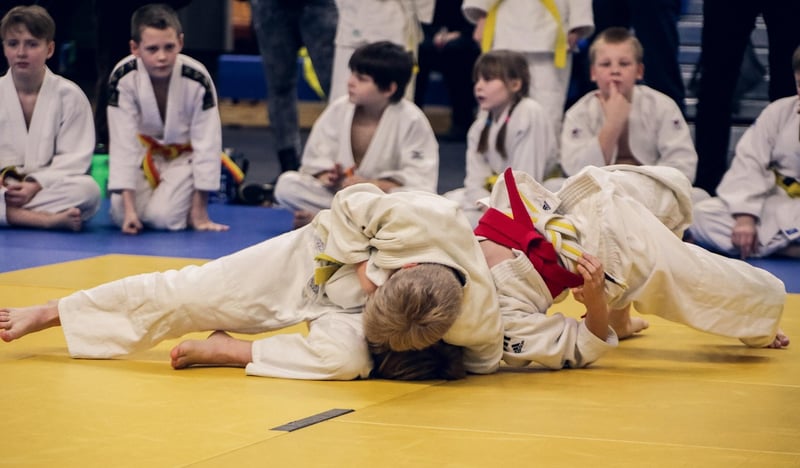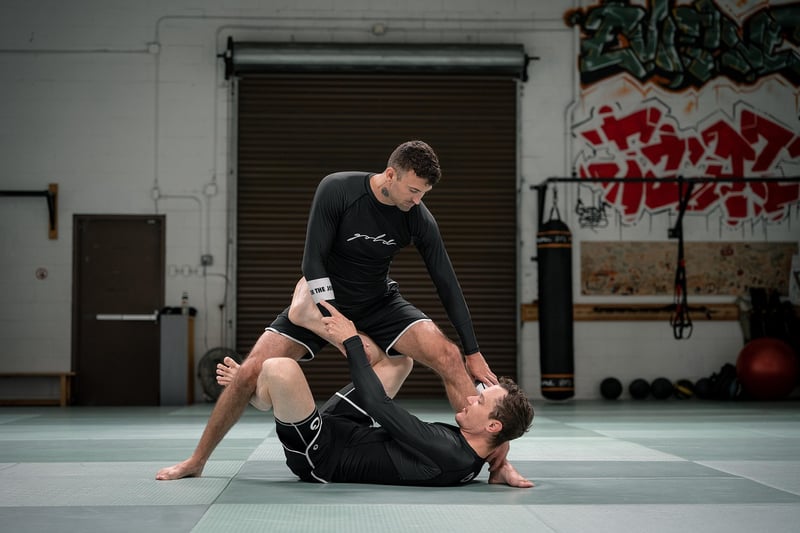Jiu Jitsu
The Importance of Discipline and Self-Defense Training in Jiu Jitsu
When it comes to self-defense and martial arts, one discipline stands out for its effectiveness and practicality – Jiu Jitsu. Originating from Japan and later popularized in Brazil, Jiu Jitsu focuses on grappling and ground fighting techniques, making it a valuable skill for self-defense situations. However, mastering Jiu Jitsu goes beyond just learning physical techniques; it also requires discipline and mental fortitude.
The Role of Discipline in Jiu Jitsu
Discipline is a core principle in Jiu Jitsu training. It encompasses commitment, perseverance, and self-control. In Jiu Jitsu, students are expected to adhere to a strict training regimen, follow the rules of the dojo, and respect their instructors and training partners. This discipline translates not only to technical proficiency but also to mental resilience and emotional control.
Through disciplined training, Jiu Jitsu practitioners learn to push through challenges, overcome setbacks, and stay focused on their goals. This mental toughness is invaluable not only in self-defense scenarios but also in everyday life, helping individuals face adversity with confidence and composure.
The Fusion of Self-Defense and Jiu Jitsu
Self-defense is a fundamental aspect of Jiu Jitsu. The techniques taught in Jiu Jitsu classes are designed to empower individuals to defend themselves effectively in real-world situations. By learning how to control an opponent, escape dangerous positions, and apply submission holds, students develop the skills needed to protect themselves and others if needed.
Moreover, the self-defense aspect of Jiu Jitsu instills a sense of awareness and preparedness in practitioners. By understanding potential threats and how to respond to them, individuals can navigate challenging situations with confidence and assertiveness.
Building Confidence and Resilience
Ultimately, the combination of discipline and self-defense training in Jiu Jitsu leads to the holistic development of individuals. Beyond physical fitness and fighting skills, Jiu Jitsu cultivates mental attributes such as confidence, resilience, and humility.
By facing adversity in training, learning from defeats, and celebrating victories, Jiu Jitsu practitioners build a sense of self-assurance that extends beyond the mats. This newfound confidence empowers individuals to tackle obstacles head-on, take risks, and pursue personal growth in all areas of life.
Conclusion
Discipline and self-defense training are integral components of Jiu Jitsu that go hand in hand to shape well-rounded individuals. By embracing the principles of discipline, mastering self-defense techniques, and fostering confidence and resilience, practitioners of Jiu Jitsu not only enhance their physical abilities but also enrich their overall quality of life.

Whether you are looking to improve your self-defense skills, enhance your physical fitness, or develop mental fortitude, Jiu Jitsu offers a comprehensive training experience that can benefit individuals of all ages and backgrounds.
Start your Jiu Jitsu journey today and discover the transformative power of discipline and self-defense training!
